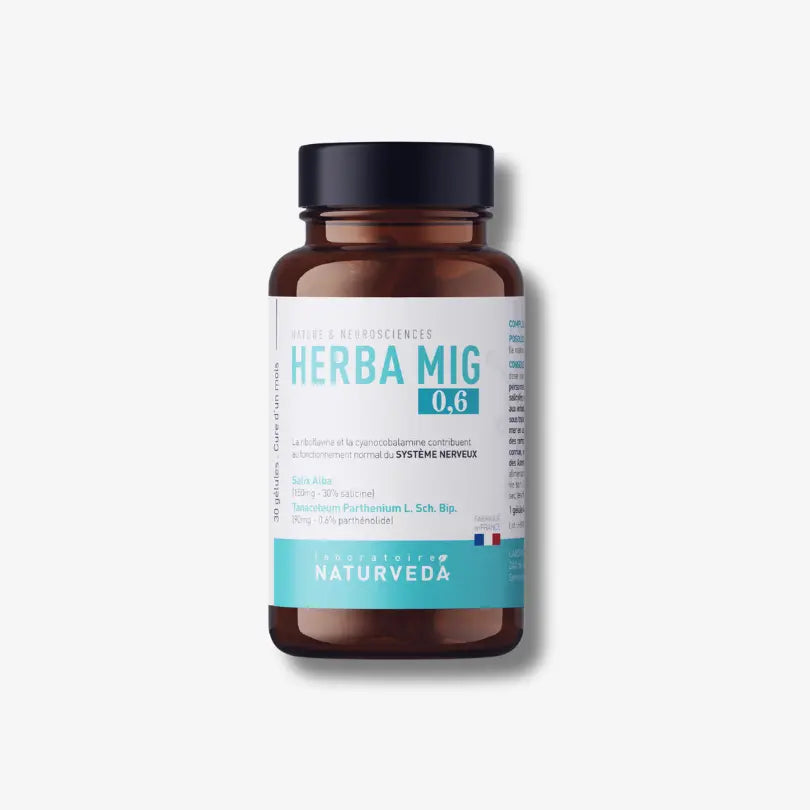Imagine a day when everything seems dark and heavy, and suddenly, someone tells a joke that makes you burst out laughing. This simple moment can change your entire perspective and instantly improve your mood. Laughter, often considered the best medicine, has profound and positive effects on our mental and physical well-being. Discover in this article how laughter can serve as a natural antidepressant.
The benefits of laughter on mental health
Reduction of anxiety
Laughter is a powerful anxiety reducer . When we laugh, our bodies produce less of the stress hormone cortisol. Laughter therefore helps to release tension and reduce anxiety, creating a feeling of calm and well-being.
And in addition to reducing cortisol levels, laughter also stimulates the parasympathetic system , which is responsible for relaxation and rest. This can lead to a decrease in heart rate and blood pressure , contributing to an overall reduction in stress and anxiety. Regular laughter practices can help individuals develop better resilience in the face of stressful situations.
Improved mood
The release of endorphins , often called happy hormones, is one of the main benefits of laughter. These neurotransmitters improve mood and provide a general sense of well-being . In fact, endorphins act as natural painkillers and anti-stress agents , contributing to a more positive state of mind.
Laughter can also increase levels of serotonin , another neurotransmitter associated with good mood. High levels of serotonin are linked to reduced feelings of depression and an improvement in overall mood . Additionally, laughter can stimulate the production of dopamine, a neurotransmitter involved in the brain's reward system, which can enhance feelings of pleasure and satisfaction.
Strengthening social relations
Laughing together strengthens social bonds . The positive interactions created by laughter foster a sense of belonging and strengthen relationships. Participating in laughter clubs or laughter-based group therapies provides an opportunity to meet others, share joyful moments, and create important social connections. These positive interactions are essential for good mental health, reducing feelings of loneliness and isolation.
Laughter in a group can also facilitate communication and cooperation . It breaks the ice in social situations and helps create an environment of trust and camaraderie . Studies show that people who laugh together are more likely to develop strong, lasting relationships . These social connections are crucial for emotional support and can help prevent depression and anxiety.
The benefits of laughter on physical health
Strengthening the immune system
Laughter also has beneficial effects on the immune system . It can increase the production of immune cells and antibodies , thereby improving resistance to disease. Laughter therefore promotes a stronger and more effective immune system.
Laughter stimulates the production of T-cells , which are immune cells essential for fighting infections. At the same time, it increases the production of antibodies , such as immunoglobulins, which play a crucial role in the body's defense against pathogens. By strengthening these aspects of the immune system, laughter contributes to better overall health and greater resistance to common diseases.
Improved cardiovascular function
Laughing regularly can have positive effects on cardiovascular function . It improves blood circulation and can reduce blood pressure . Research has shown that laughter causes blood vessels to dilate, increasing blood flow and reducing pressure on the heart. These beneficial effects can contribute to better heart health and a reduced risk of cardiovascular disease .
Laughter induces relaxation of blood vessel walls, which facilitates blood flow and reduces vascular resistance. This may help prevent high blood pressure and heart disease . Additionally, laughter can improve lipid profiles by increasing levels of HDL cholesterol (the “good” cholesterol) and reducing levels of LDL cholesterol (the “bad” cholesterol). These changes can have a significant impact on long-term cardiovascular health.
Pain relief
The endorphins released during laughter act as natural painkillers , reducing the perception of pain. Studies have shown that patients who laugh regularly experience less pain and have a better tolerance to pain . Laughter can therefore be used as an adjunct to pain treatments, providing a natural and enjoyable method of relieving painful symptoms .
Additionally, laughter can distract the mind from pain , reducing the perception of it. This distraction can be especially beneficial for patients with chronic pain, allowing them to better manage their condition. Added to this is the fact that laughter can promote muscle relaxation , which can help relieve muscle tension and soreness. By incorporating laughter into pain management programs, patients can benefit from more holistic and natural relief.
Therapeutic approaches using laughter
Laughter therapy
Laughter therapy uses laughter as a primary tool to improve mental and physical health . Laughter therapy sessions include breathing exercises, games, and humorous activities. These sessions aim to voluntarily induce laughter to trigger the associated physiological and psychological benefits. Numerous studies have shown that this therapy can reduce symptoms of depression and anxiety, improving participants' quality of life. Laughter therapy can also be used in conjunction with other forms of therapy, such as cognitive behavioral therapy, to maximize mental health benefits.
Laughter Yoga
Laughter yoga combines deep breathing exercises with intentional laughter . Founded by Dr. Madan Kataria in 1995, laughter yoga is based on the principle that the body does not differentiate between simulated laughter and spontaneous laughter, thus providing the same benefits. Laughter yoga sessions begin with breathing exercises and stretching, followed by simulated laughter that eventually becomes contagious and genuine. The practice can reduce stress, improve mood, and strengthen the immune system. At the end of a session, practitioners typically experience a feeling of lightness and well-being, as well as an improvement in mood and energy levels.
Laughter clubs
Laughter clubs are groups of people who meet regularly to practice laughter together , under the guidance of a facilitator. These clubs provide a social and structured environment where participants can enjoy the benefits of laughter collectively. Sessions include laughter exercises, games, improvisations, skits, and humorous activities. Laughter clubs have become popular in many countries, helping people integrate laughter into their daily lives and create positive social connections. Participants often report improved mood, reduced stress, and an increased sense of well-being after each session.
Conclusion
Laughter is a powerful natural antidepressant that offers a multitude of mental and physical health benefits. By reducing anxiety, improving mood, strengthening social relationships, and promoting cardiovascular and immune health, it is a valuable tool for improving our overall well-being. So, indulge in laughter and discover the many benefits it can bring to your life.






